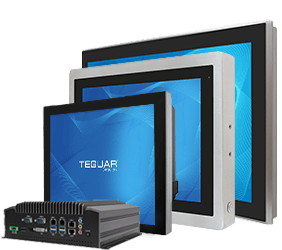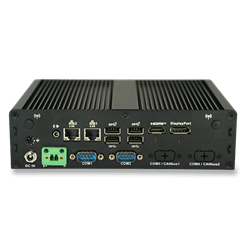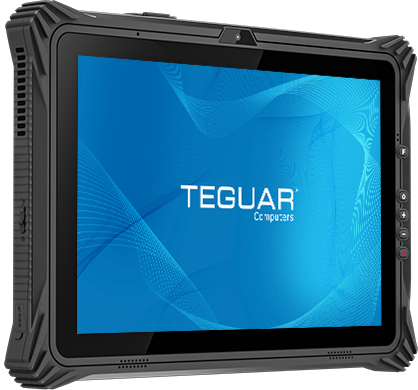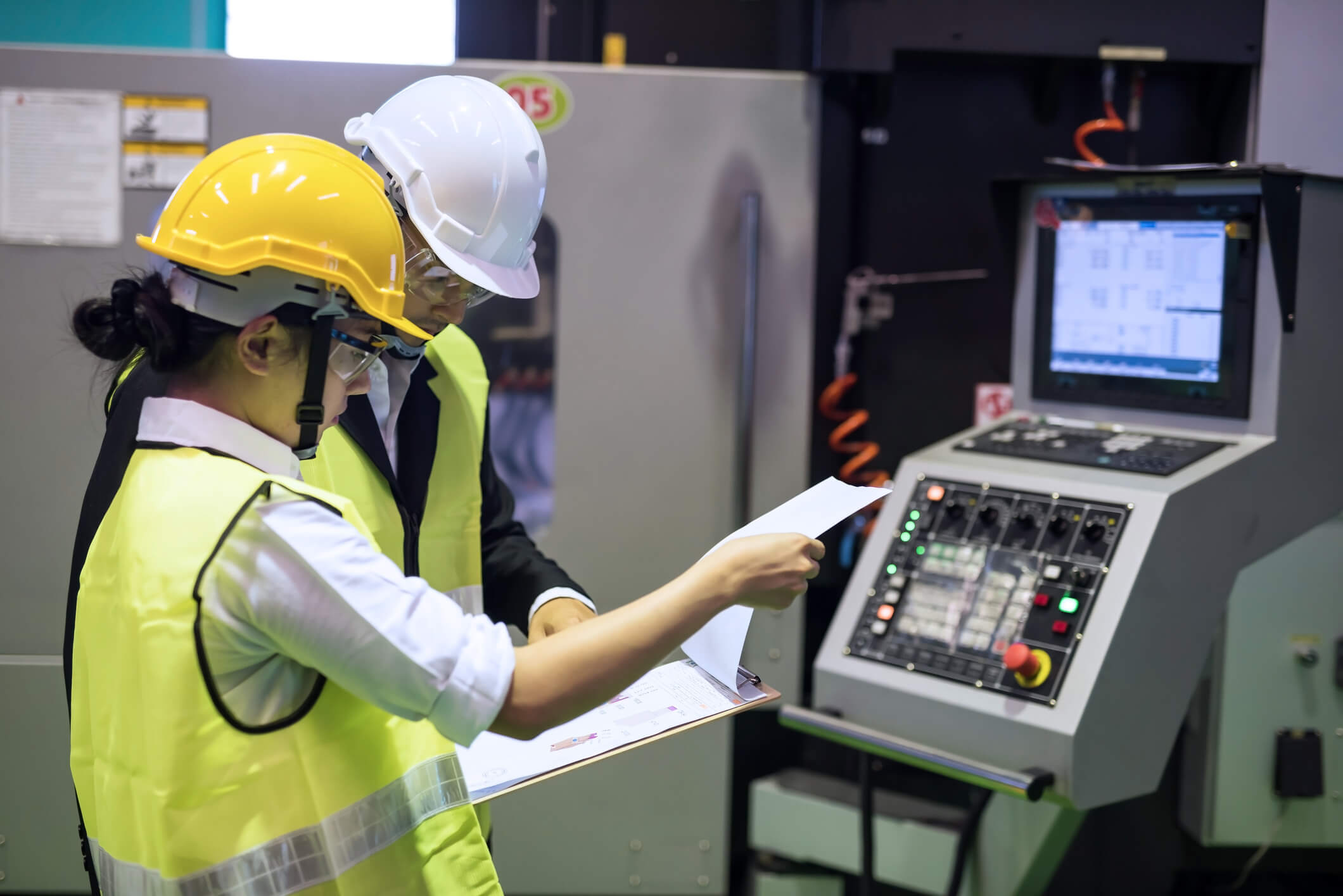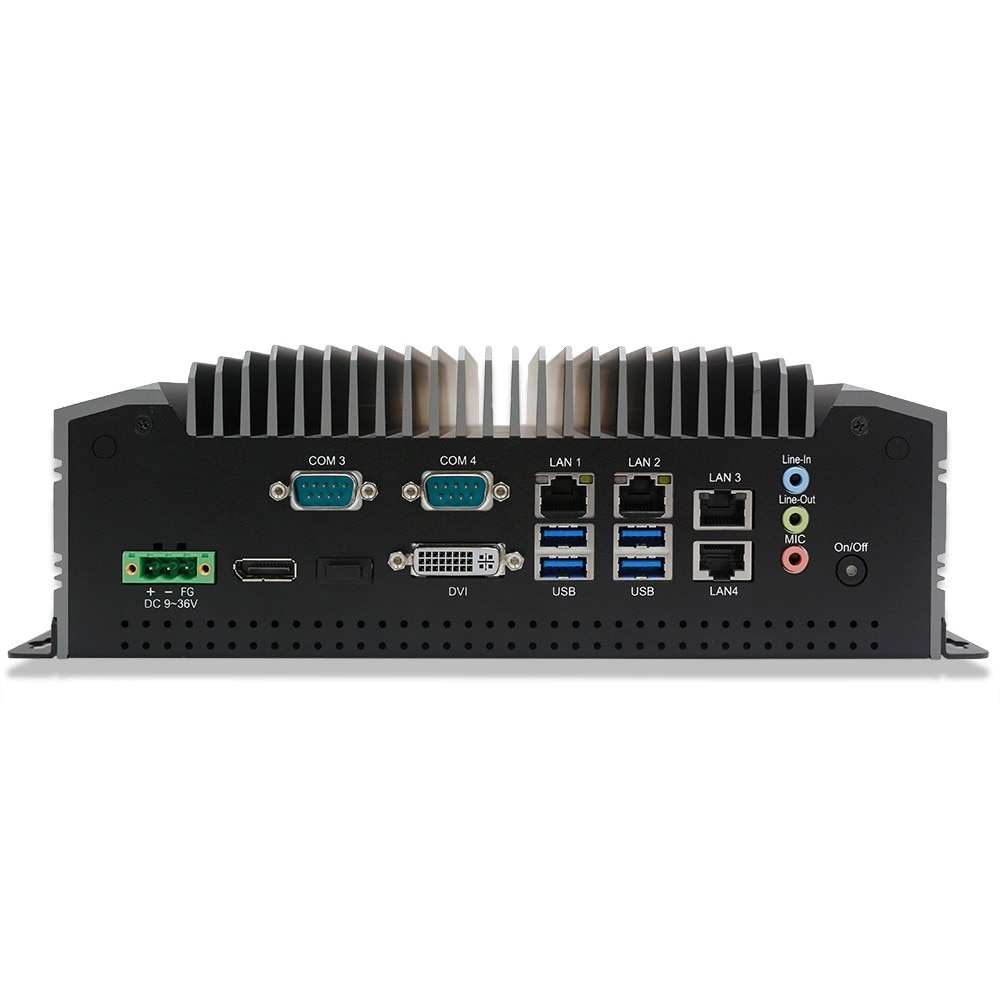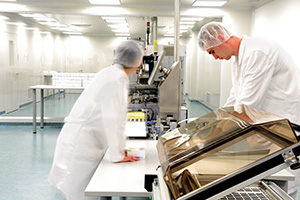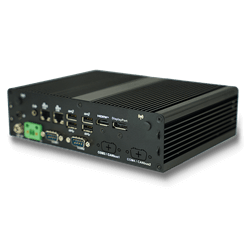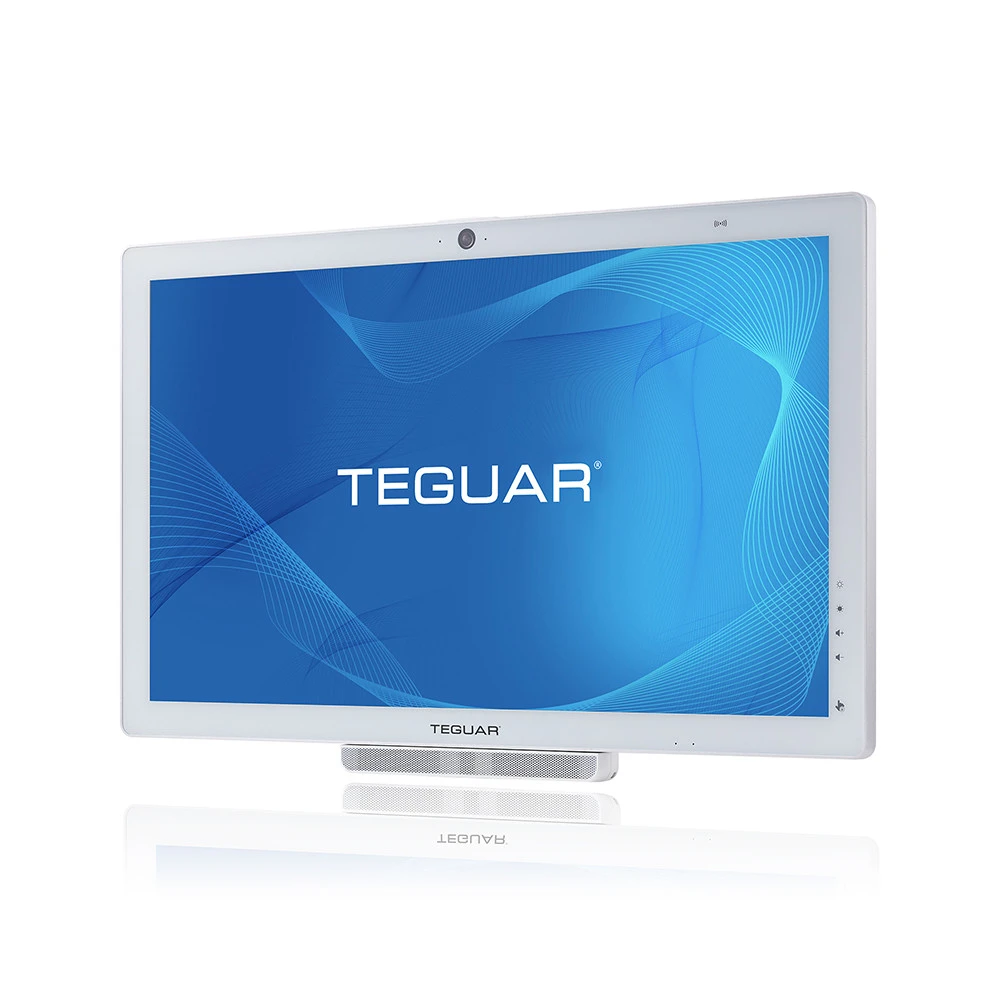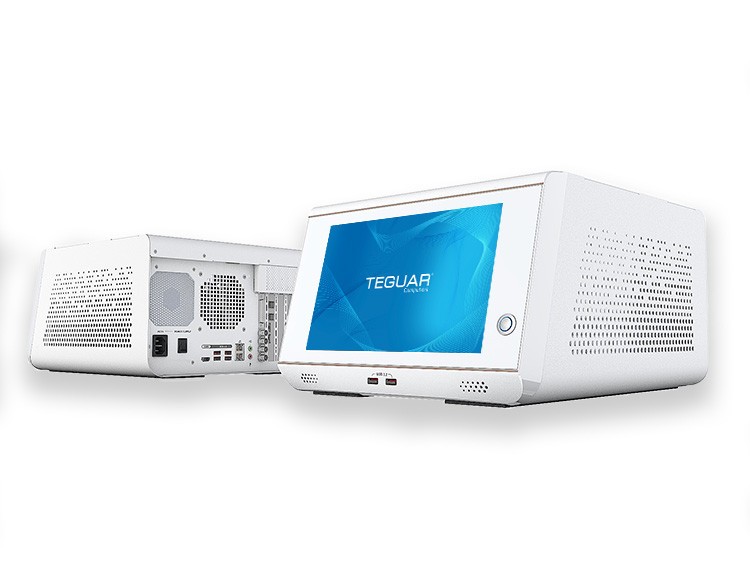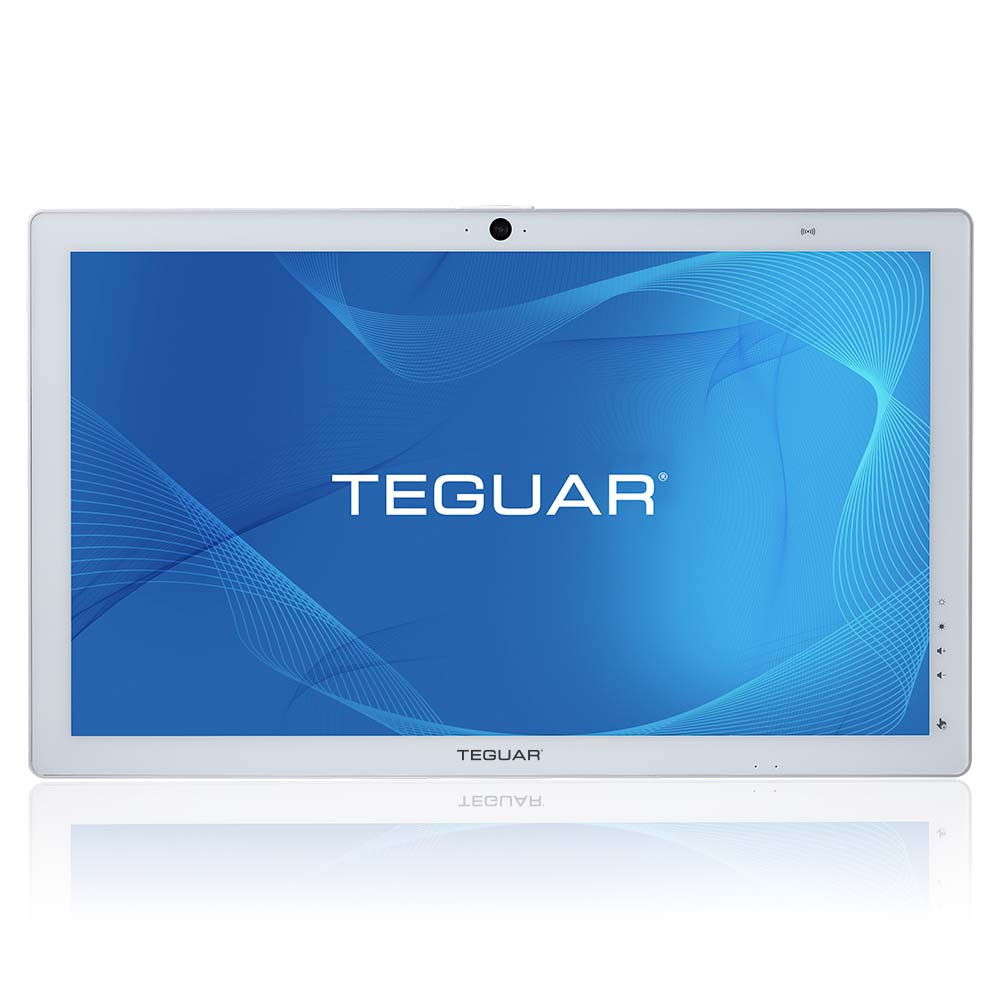Consumerization of Healthcare
 Gartner defines consumerization as “specific impact that consumer-originated technologies can have on enterprises. It reflects how enterprises will be affected by, and can take advantage of, new technologies and models that originate and develop in the consumer space, rather than in the enterprise IT sector.” In other words, if there is a work-around to accomplish a personal health goal faster, easier and cheaper; it will be done.
Gartner defines consumerization as “specific impact that consumer-originated technologies can have on enterprises. It reflects how enterprises will be affected by, and can take advantage of, new technologies and models that originate and develop in the consumer space, rather than in the enterprise IT sector.” In other words, if there is a work-around to accomplish a personal health goal faster, easier and cheaper; it will be done.
Before the last decade, a seemingly 99% of healthcare technology was controlled by industry professionals. The current introduction of healthcare aps and personal healthcare monitoring devices, puts new potential in the hands of consumers. Healthcare sectors seem to be struggling with this disruption, as the power equation has shifted. Hal Wolf, CEO of HIMSS, commented “Systems will be overwhelmed – need to innovate faster than ever before – healthcare is behind the curve because of how it has developed.” (HIMSS tv, Feb, 2018) The healthcare industry has not been able to keep up with the speed of technology.
“The shift to consumerization is impacting healthcare as much as it’s impacting any industry and I could probably argue even more, because there’s nothing more personal to someone than their health,” Wolf said. “Consumerization is having an impact and every healthcare system’s beginning to feel it. They cannot deliver one size fits all anymore.”
– Hal Wolf, (HIMSS tv, Feb, 2018)
This is not news to anyone in the healthcare industry. The issue at hand is how to match technology adoption and development to the speed of the consumerization of health. Rather than looking at consumers and healthcare industry as opposing forces, we need to think about these groups as partners. One of the roadmaps to bringing healthcare professionals and healthcare consumers together is through using Human- Centered-Design.
HCD (Human Centered Design) focuses on problem solving through designing for individuals. HCD puts the consumer front and center in any product or service. This way, developing technologies can be married to the consumer. To stay ahead of the curve, Teguar is increasingly using principles of HCD and considering the user experience (UX) when designing products. If a product is easily adopted by users, overall engagement increases which in turns translates to successful outcomes on every front.
Consumerization of health in medical computer hardware design means that Teguar seriously considers the subtle details that make a world of difference for you. For instance, a popular medical tablet we recently released has a design with large handle integrated into the bezel. This is not as sleek looking as an iPad, but it is much easier to carry around. Medical grade tablets bridge the gap between healthcare IT and consumer mobile devices. Teguar’s medical tablets are designed to be dropped, spilled on, easily tracked and have easy use security features such as fingerprint log-in availability.
“Taking advantage of the changing healthcare landscape will require developing new partnerships with third-party vendors. Healthcare systems need to consider partners, vendors and applications that improve the quality of the consumer experience in addition to the patient experience.”
– JP Morgan Chase Report obtained Nov, 2018.
Specialized medical computers enable inventive companies to build new medical services. Currently, Teguar works with many large-scale medical facility deployments and Original Equipment Manufacturers (OEMs), but we are awaiting the partners who will work to bring our technology directly to consumers. Mobility, security, and medical specific computer hardware features do not need be limited to hospital use. Teguar anticipates medical computers moving over into the home healthcare space with the silver tsunami. Medical computers already have features such as nurse call buttons, anti-bacterial properties and 4KV isolation ports which safely connect computers to patient medical devices. A Home Healthcare Station could be set up through one of our medical computers or tablets for dedicated residential use. These healthcare stations are also ideal for assisted living facilities, where elderly patients need to be monitored 24/7.
“Healthcare organizations have an opportunity to differentiate themselves if they can prove they are on the leading edge of healthcare delivery.”
– Business Insider
Companies that can iterate quickly, navigate regulation, take risk, and most importantly deliver end products that save lives, time, and cost will come out the winners. This is much easier said than done. It takes a relentless determination to get it right. Teguar is currently partnering with medical OEM companies building devices to transform healthcare services. However, while we have worked to bringing aspects of home mobile electronic devices to the hospital, the consumerization of healthcare demands that features of medical mobile computers are brought to the home.
Headquartered in Charlotte, NC, Teguar is a leading manufacturer of fully enclosed fanless, medical grade tablets, and All-In-One medical computer solutions. Teguar medical computers have specific features for healthcare applications and are designed to perform 24/7 in medical environments. We ensure that our staff is up to date with the most innovative technology and offer state-of-the art solutions to meet the fast-changing market demands.


